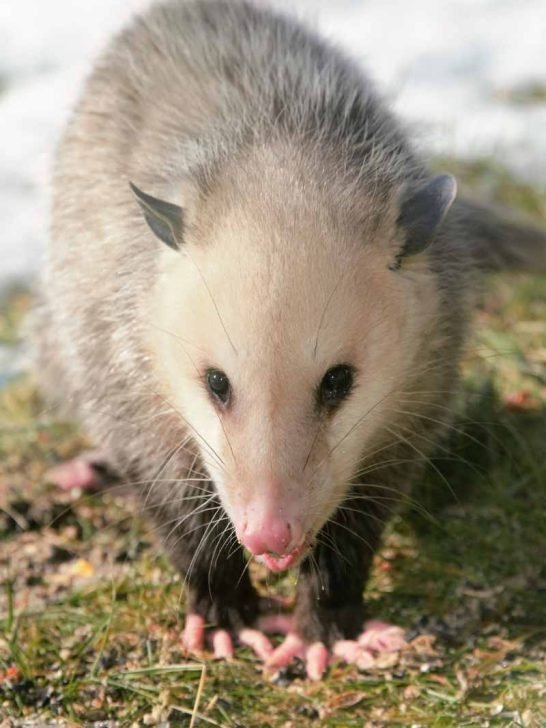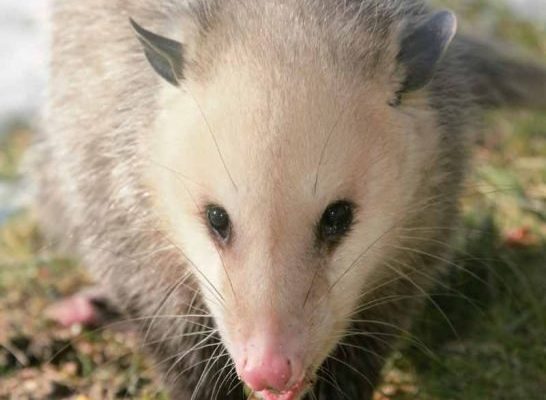
Throughout history, the possum has woven its way into myths, stories, and even everyday sayings. Much like how you might share an intriguing tidbit over coffee with a friend, the tales about possums reveal essential truths about human nature and the world around us. From Native American legends to Australian Aboriginal beliefs, this quirky marsupial has left its paw print on cultural narratives. So, let’s delve into how the possum has been depicted through the ages and the lessons these stories impart.
Possums in Indigenous Cultures
Indigenous cultures around the world have different takes on the possum, often viewing it as a creature of both wisdom and mischief. In many Native American stories, the possum is portrayed as a trickster. A trickster character, like the possum, often embodies both cleverness and foolishness. These traits make the possum a relatable figure. It represents the idea that one must be smart to survive in a world filled with challenges.
For example, a popular tale among some tribes tells of a possum that saved the day by using its cleverness to outsmart a predator. Here’s the thing: stories like this remind us that intelligence and wit can be just as valuable as brute strength.
In Australian Aboriginal cultures, the possum holds particular significance. It’s often seen as a symbol of family and community, sometimes referred to in Dreamtime stories. These tales convey how the possum interacts with other animals and the land, illustrating the deep connections between all living things. By sharing these stories, communities pass down essential lessons about respect for nature and the importance of harmony.
The Possum in Folklore Around the World
Moving beyond Indigenous narratives, possums pop up in folklore across the globe, each time bringing a different flavor to the table. For instance, in Southern U.S. folklore, possums often represent resilience. They’re seen as survivors, capable of thriving in challenging environments. This perspective reflects real-life situations, like their ability to adapt to urban settings.
In some stories, the possum is depicted as a provider, a character that offers wisdom to those who listen closely. The phrase “playing possum” originates from this idea of the possum pretending to be dead to avoid danger. It serves as a metaphor for the value of retreating or taking a step back in the face of adversity. This concept resonates deeply in our daily lives, teaching us that sometimes, it’s wise to pause and reassess.
In the folklore of countries such as Japan, the possum has a different representation. Here, it’s often linked to trickster figures, similar to its portrayal in Native American traditions. The common theme across these cultures is that the possum embodies a combination of cunning and survival instinct, which resonates with human experiences.
Possums in Literature and Art
The possum doesn’t just stay in oral traditions; it finds its way into literature and art as well. Many children’s books have featured possum characters that teach valuable life lessons, often through adventures that emphasize friendship, courage, and creativity. For example, in the famous book series “Possum Magic” by Mem Fox, the possum plays a pivotal role in exploring themes of family and belonging.
Art, too, embraces the unique characteristics of this marsupial. Artists often depict possums through playful and whimsical styles, sometimes capturing their nocturnal nature and their interactions with the environment. These representations not only highlight the possum’s physical traits but also symbolize deeper themes of survival and adaptability.
In modern pop culture, the possum continues to make appearances. Whether it’s in animated films or viral internet memes, it serves as a reminder of its quirky charm and role in our shared cultural narratives. This ongoing representation showcases the versatility of the possum as a character—one that can be depicted as both endearing and wise, serving to connect generations.
The Symbolism of the Possum
Beyond stories and art, the possum carries symbolic weight in various cultures. It often represents adaptability and cleverness, qualities that resonate in our daily lives. You might be wondering, what does the possum teach us about ourselves? Well, just like the possum can survive in diverse environments, we too can navigate the changes and challenges life throws our way.
The ability to “play dead” when faced with overwhelming situations can serve as a metaphor for taking a step back. By pausing to reflect before reacting, we often make better decisions. This symbolic interpretation of the possum encourages us to embrace resilience and flexibility in our lives.
In some cultures, the possum is also seen as a symbol of balance. By representing both light and dark qualities—cunning and innocence—it illustrates the dual nature of existence. This balance is important; it reminds us that life isn’t simply about good or bad, but rather a complex web of experiences that shape who we are.
Modern Interpretations of the Possum
In today’s world, the representation of the possum continues to evolve. Environmental movements have embraced the possum as a symbol of biodiversity and ecological health. By raising awareness about the role possums play in their ecosystems, advocates highlight the importance of coexistence with wildlife. This modern interpretation emphasizes not just the charm of the possum but also its role in maintaining ecological balance.
Social media has also given the possum a new platform. With countless memes and videos showcasing their playful antics or unique behaviors, these representations often serve to humanize the creature. Just like how we share funny stories about our pets, sharing possum content fosters a sense of connection between people and nature.
This digital age representation encourages a more nuanced view of the possum. Instead of simply being seen as a pest or a nuisance, it’s celebrated for its quirky personality and adaptability. This shift in perception is crucial for promoting wildlife conservation efforts.
As we can see, the possum is more than just a creature of the night; it’s a symbol rich in cultural significance and personal relevance. Whether portrayed as a trickster, a wise survivor, or a community builder, the possum’s representation in culture and folklore invites us to reflect on our behaviors and relationships.
By sharing stories of the possum, we connect with age-old wisdom that still resonates today. The importance of adaptability, resilience, and the balance of light and dark qualities offers life lessons that remain highly relevant in our fast-paced world. So, the next time you spot a possum wandering in your yard or see it featured in a story, take a moment to appreciate its unique place in our cultural tapestry. After all, there’s so much more to this little creature than meets the eye!

